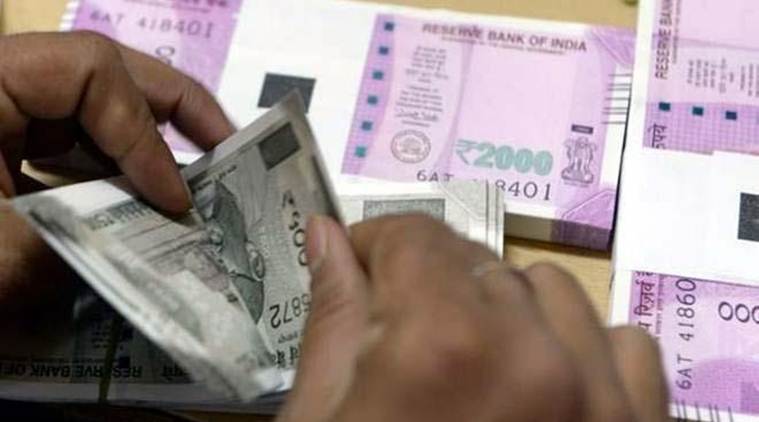In the first such exercise, the Ministry of Panchayati Raj has decided to conduct an online audit of 20 per cent of the estimated 2.5 lakh gram panchayats (GPs) across the country for the current financial year.
The exercise, to be conducted through AuditOnline, an application developed by the Ministry, is a bid to ensure accountability in the utilisation of funds at the ground level.

The audit will be scaled up to cover all Panchayats across the country in the next financial year 2020-21, the Ministry said in a communication to states sent Thursday.
Story continues below this ad
About 50,000 panchayats can be taken up for online audit during the current year. Their books of accounts for 2019-20 will be audited with a focus on how they used Finance Commission (FC) grants.
ExplainedUsing tech to cut red tape
Online audit, officials said, will ease access to records, can be monitored at district, state and Centre level. Uploading photos of work done and geo-tagging projects will also allow for physical inspection.
The Fifteenth Finance Commission recommended an allocation of Rs 60,750 crore for rural local bodies during 2020-21, almost the same as last year under the Fourteenth Finance Commission.
Online audit, with the option of physical verification, officials said, assumes greater relevance given the pandemic and the lockdown.
Opinion| The panchayati front: Tap potential of local self-government to fight COVID-19
Story continues below this ad
For one, in the offline system, timely availability of records was a major issue. “However, in the new process, the auditors will be able to see online all documents related to work approval and payments,” said an official closely involved with the implementation of the audit.
“They can even ask for additional documents such as photographs as a proof of work done,” he said.
As some works are geo-tagged, auditors can do a sample check by visiting the site. Moreover, an online audit can be monitored at all level: district-state-Centre.
“In the lockdown, an offline audit wouldn’t have been very effective. This process, however, helps us push through significant processes,” said the official.
Story continues below this ad
Still, there are hurdles. For one, more than 15 per cent of Panchayats in several states have not closed their books of accounts for the year 2019-20. Completing and closing the accounts is a pre-requisite for the online audit.
In fact, while 100 per cent of Panchayats in Maharashtra and Haryana have closed their 2019-20 accounts, no Panchayat has done this in Arunachal Pradesh and Bihar. States like Punjab and Himachal Pradesh are also low performers.
AuditOnline is an open-source application developed as part of Panchayat Enterprise Suite (PES) under e-panchayat Mission Mode Project (MMP) initiated by the Ministry of Panchayati Raj.

 The audit will be scaled up to cover all Panchayats across the country in the next financial year 2020-21, the Ministry said in a communication to states sent Thursday. (Representational Image)
The audit will be scaled up to cover all Panchayats across the country in the next financial year 2020-21, the Ministry said in a communication to states sent Thursday. (Representational Image)






